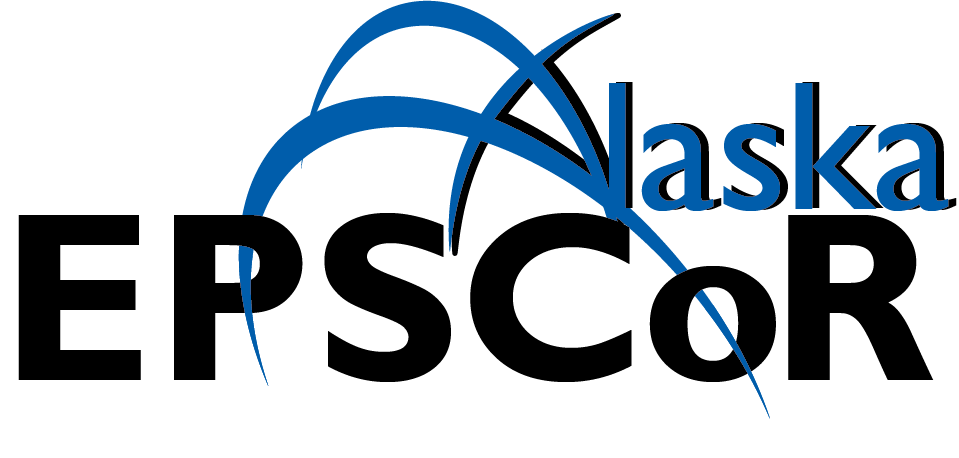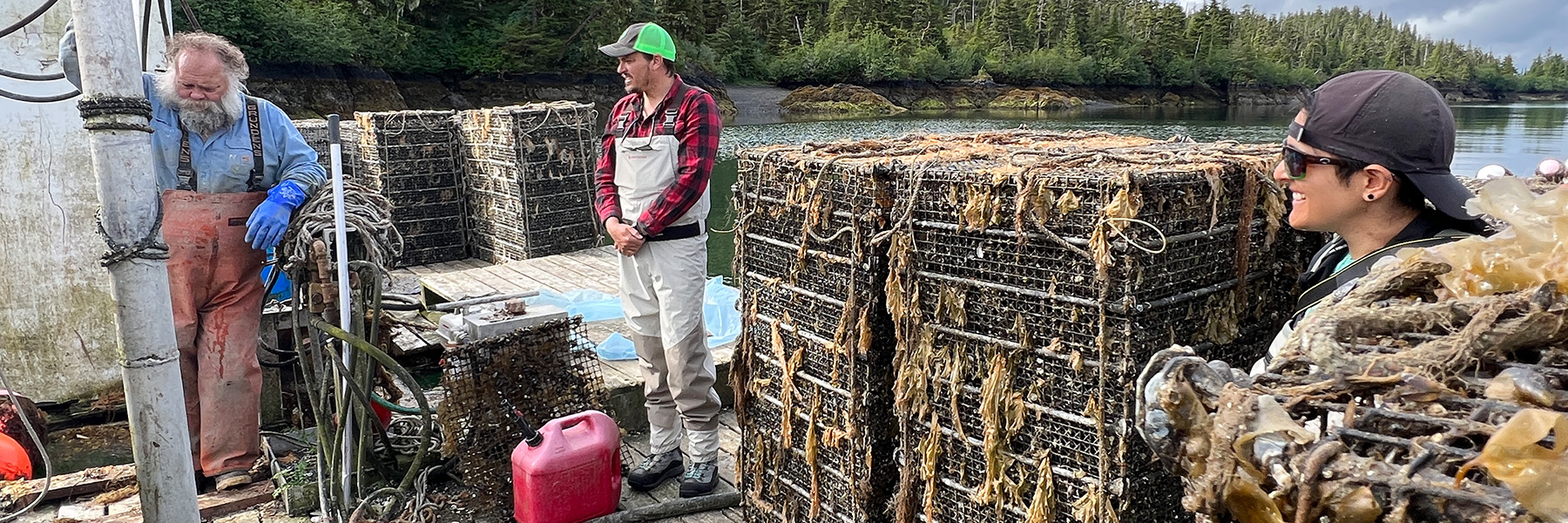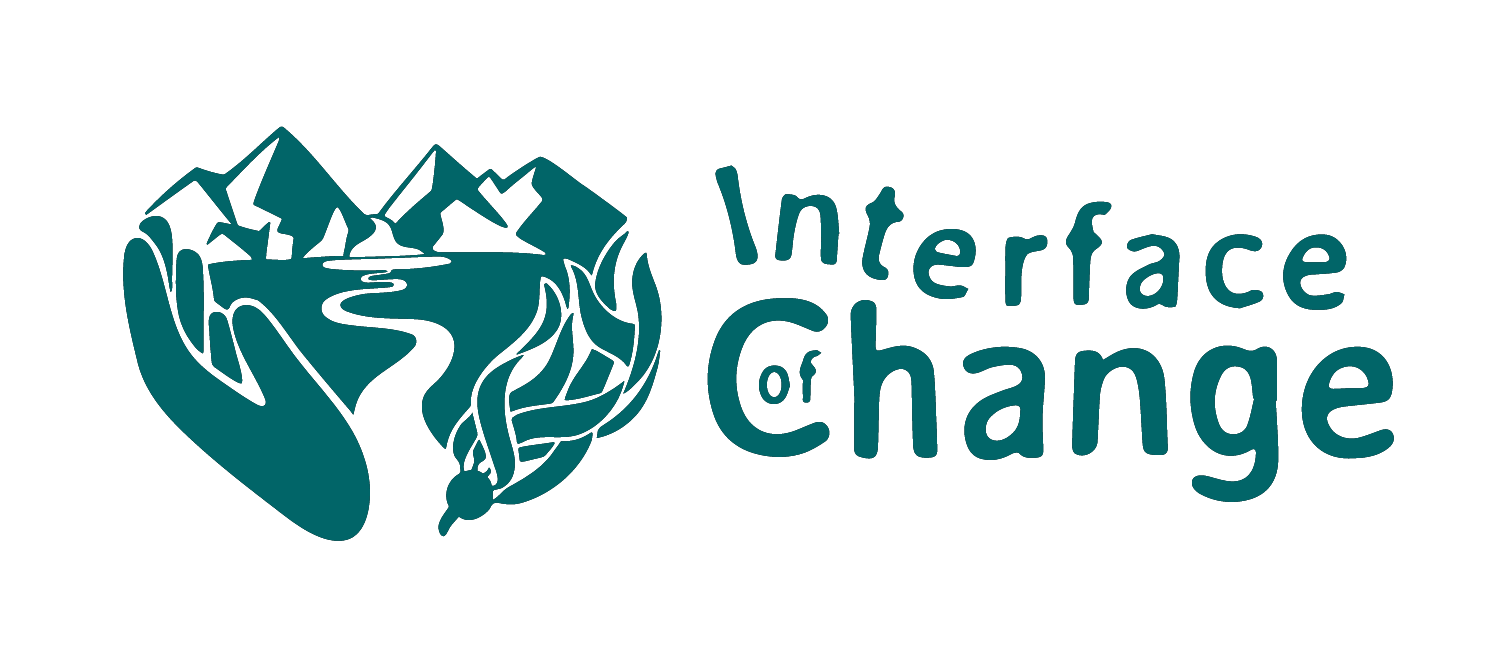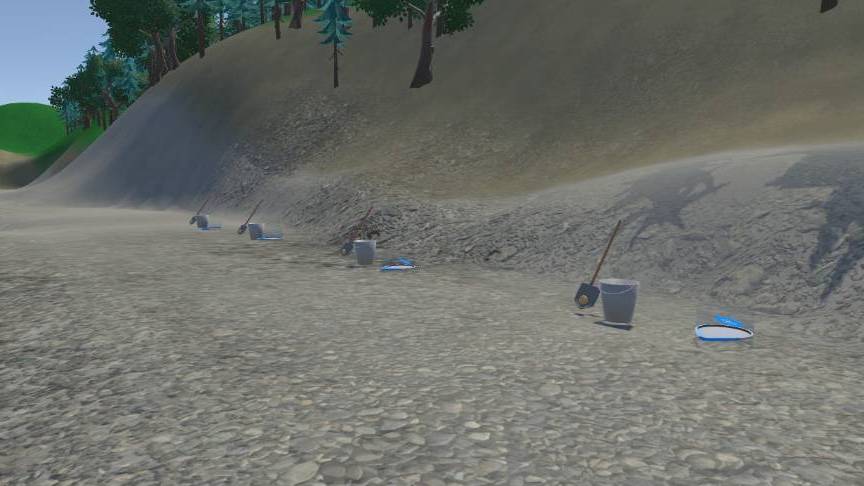Building Alaska's STEM Capacity
Alaska NSF EPSCoR improves scientific research capacity and broadens participation in science, technology, engineering and mathematics (STEM) in Alaska by engaging in multiyear, collaborative statewide research projects supported through National Science Foundation and the state of Alaska.
Current Projects
News
News & features on Alaska NSF EPSCoR projects
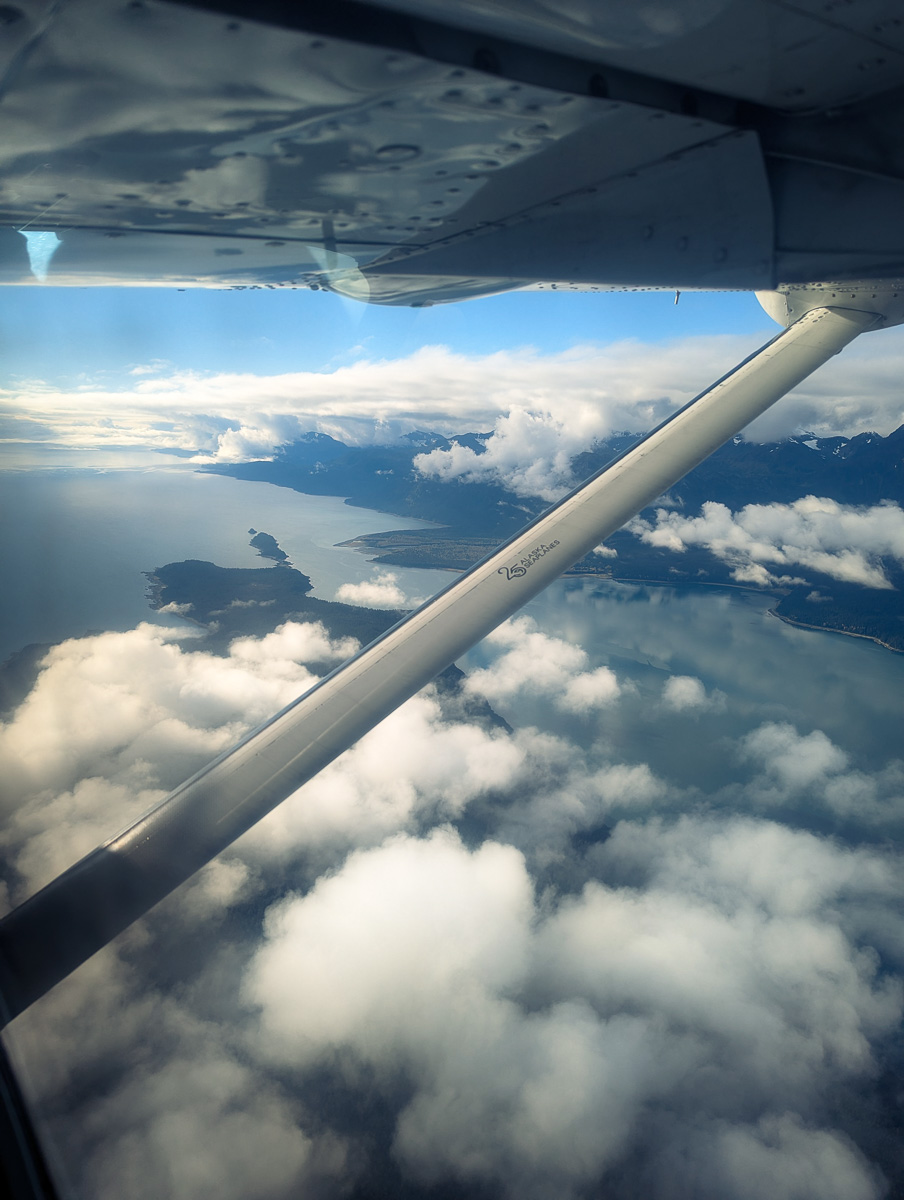
Jun 25
Alaska NSF EPSCoR is awarding up to 10 individual awards of $1,500 each for summer and fall domestic travel for Interface of Change project participants and partners. Applications open now - apply by 5 pm, July 11, 2025!
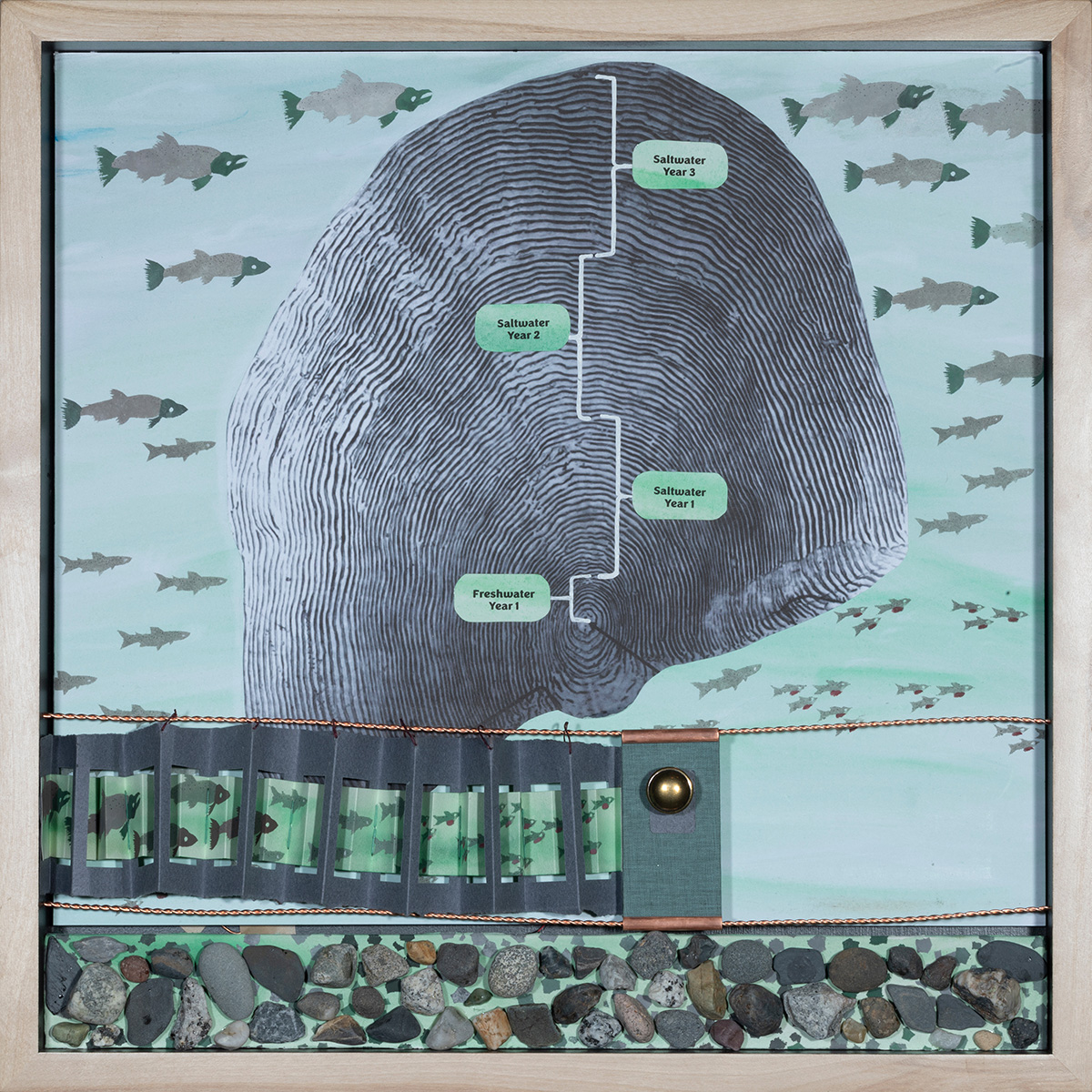
Jun 11
The In a Time of Change program is accepting applications for artist residencies for a new art-science collaboration project inspired by coastal research and lifeways in the Gulf of Alaska region. In "Coastal Transitions," In a Time of Change will collaborate with the Interface of Change project run by the Alaska Established Program to Stimulate Competitive Research. Interface of Change is a research, education and workforce development project funded by the National Science Foundation. It focuses on the socio-ecological health of coastal communities and key marine harvest species within the Gulf of Alaska's glacially influenced coastal environments.
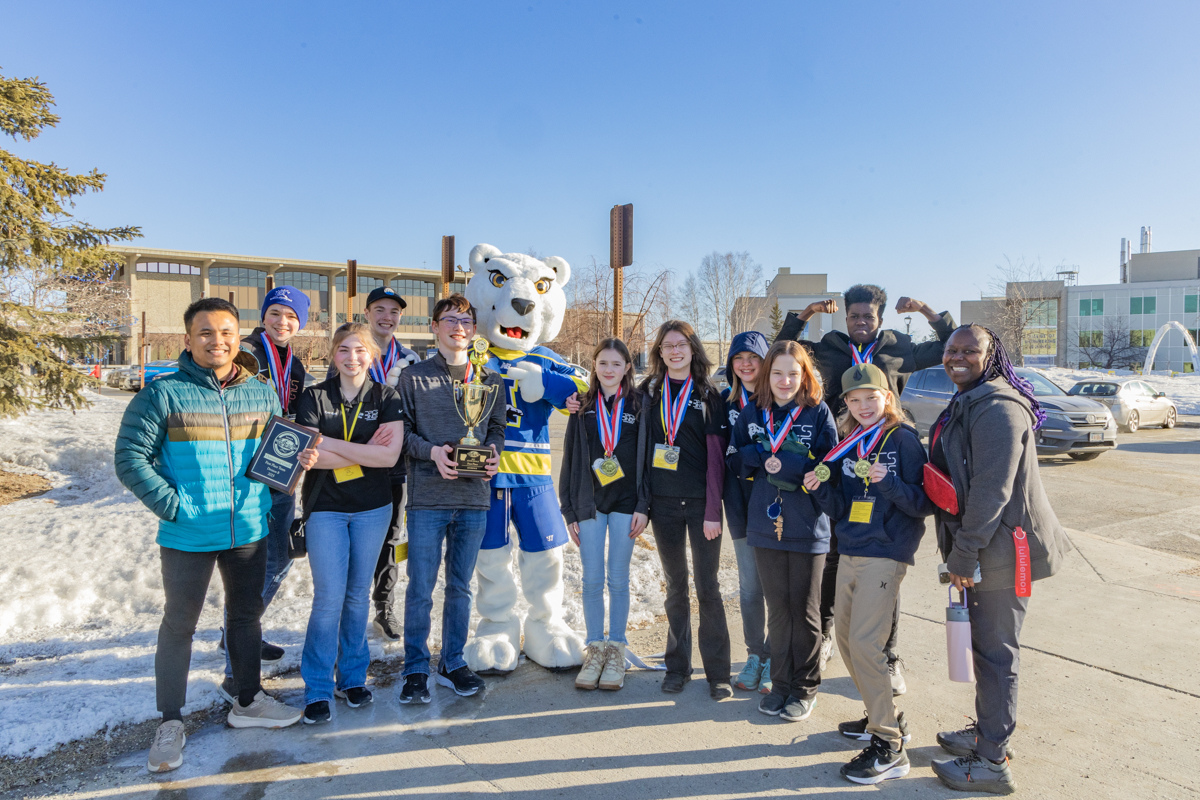
May 23
The Alaska Science Olympiad 2025 first place-winning middle school team from Discovery Peak Charter School in North Pole will compete in the Science Olympiad National Tournament at the University of Nebraska-Lincoln May 23-24.
By the Numbers
Since 2001, Alaska NSF EPSCoR has grown Alaska's research capacity
Featured Content
Featured multimedia content made by the Alaska EPSCoR Data Visualization Team. Engage and learn about the research taking place at Alaska NSF EPSCoR.

